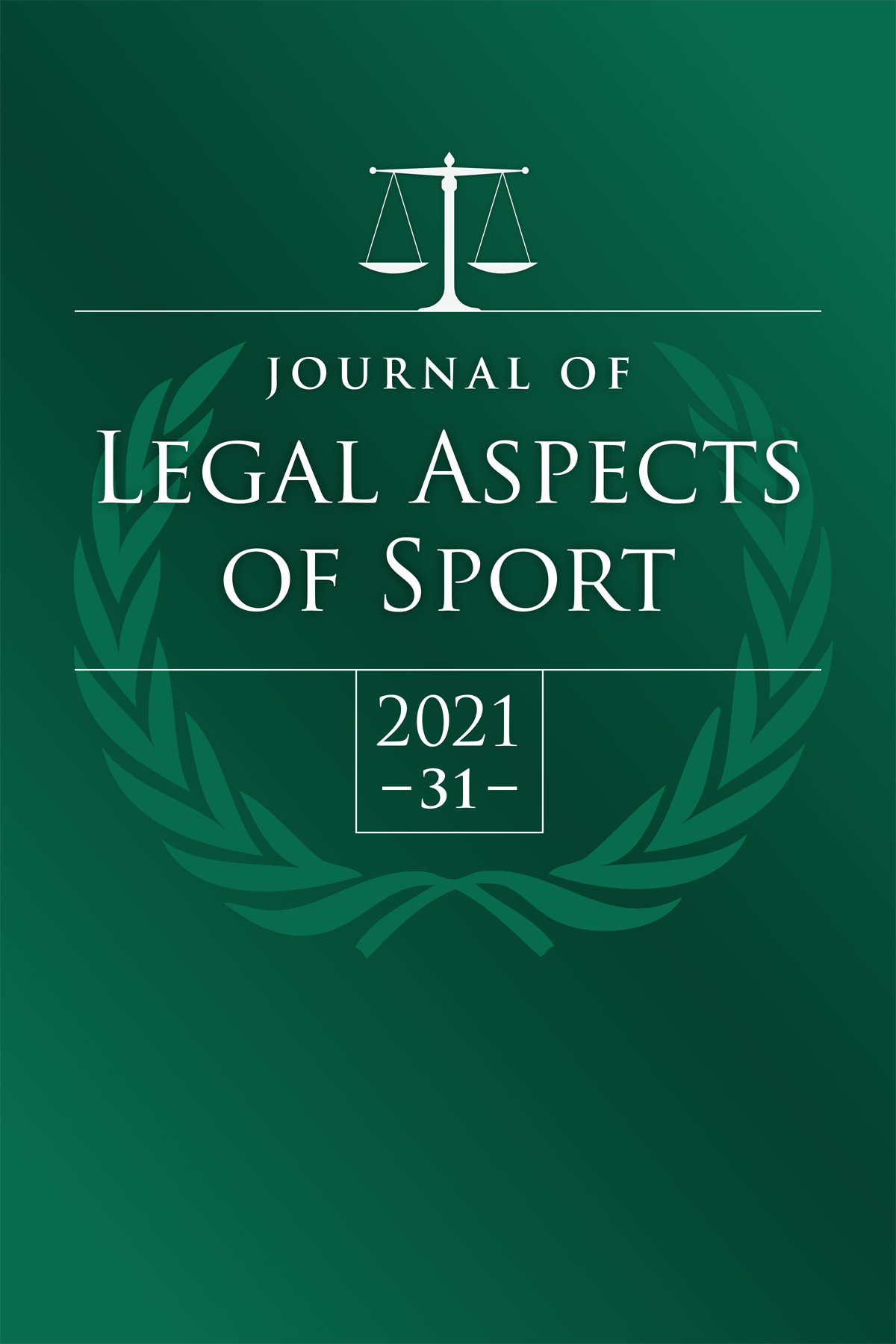An Examination and Analysis of Division I Football Game Contracts: Legal Implications of Game Cancellations Due to Hurricanes
DOI:
https://doi.org/10.18060/24922Keywords:
college football, game contracts, NCAA, extreme weather, hurricanes, climate change, common law, force majeureAbstract
In recent years, extreme weather events, namely hurricanes, have compromised the college football schedule in the United States. Incidents of extreme weather have caused the cancellation, postponement, relocation, or otherwise alteration of dozens of Division I college football games in recent years. Focusing primarily on hurricanes, this study will present several concerns related to these storms and extreme weather in the US, and contractual law principles of common law defenses and force majeure clauses as they relate to college football game contracts. The purpose of the present study is to begin to better understand the football game contract inconsistencies that can lead to legal disputes faced by college football programs that deal with these storms, and gain a better insight of the contractual considerations made in light of these storms that are becoming increasingly
frequent and severe. To do so, college football game contracts were obtained through Freedom of Information Act (FOIA) requests to select NCAA Division I colleges, internet-based searches, and media exchanges. Analysis of force majeure contract language revealed inconsistent definitions of force majeure events, a limited number of contracts containing specific weather-related force majeure language, and a range of force majeure events leading to the absence of a clear and consistent understanding of how extreme weather-related cancellations would impact the contractual relationships. Recommendations, as
a result of the document analysis, are then made for provisionary revision and reconstruction to meet current realistic needs for individual schools. Societal consciousness regarding climate change is adjusting, therefore sport and legal practitioners can reflect this modernization by scrutinizing potential prudent risks.

